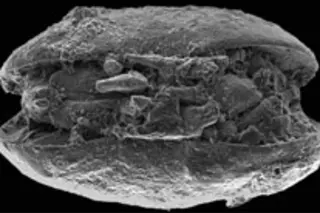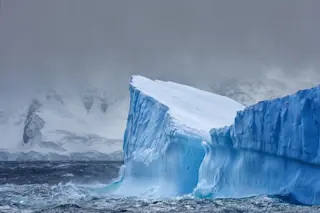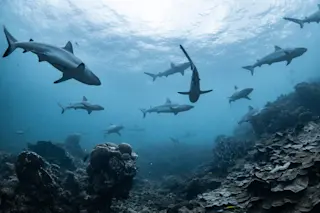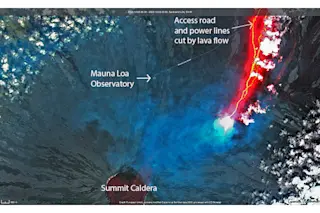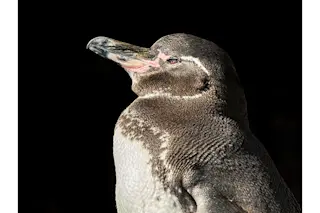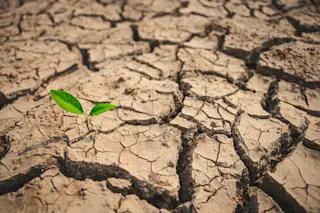In a cold, desert region of Antarctica, paleontologists have discovered the tiny fossils of shrimp-like creatures that lived in lakes during a more temperate era. The finding help refine the timing of the climate shift that gave rise to Antarctica's remarkable Dry Valleys, a landscape akin to Mars [BBC News].
The well-preserved fossils of ostracods, a type of small crustaceans, came from... Antarctica's Transantarctic Mountains and date from about 14 million years ago. The fossils were a rare find, showing all of the ostracods' soft anatomy in 3-D [LiveScience].
The ostracods couldn't survive in the Dry Valleys under current conditions, which include mean annual temperatures of minus 13 degrees Fahrenheit, indicating that the continent was a very different place 14 million years ago.
Antarctica's Dry Valleys, with their barren gravel-strewn floors, are said to be the closest place on Earth to Mars. The air that falls into the region from ...


